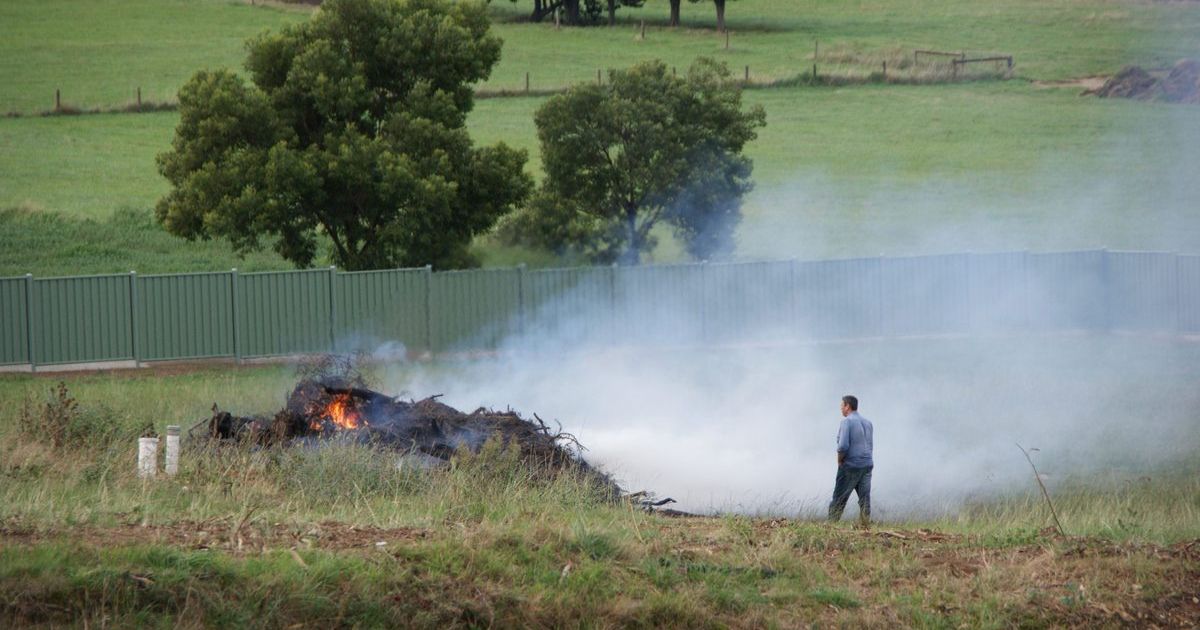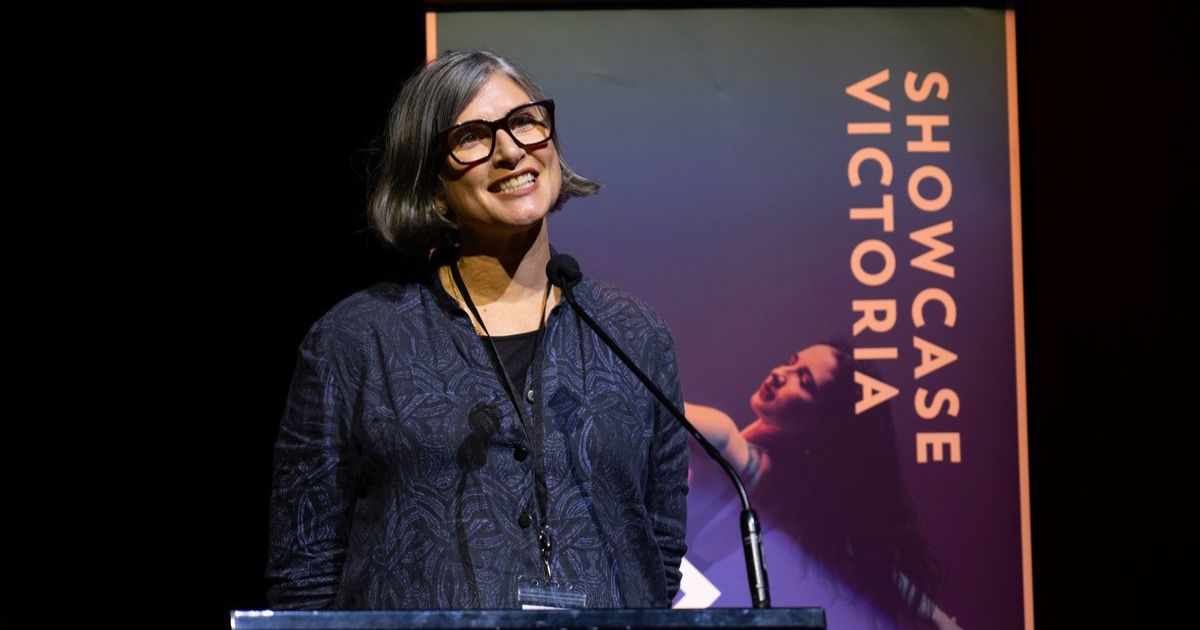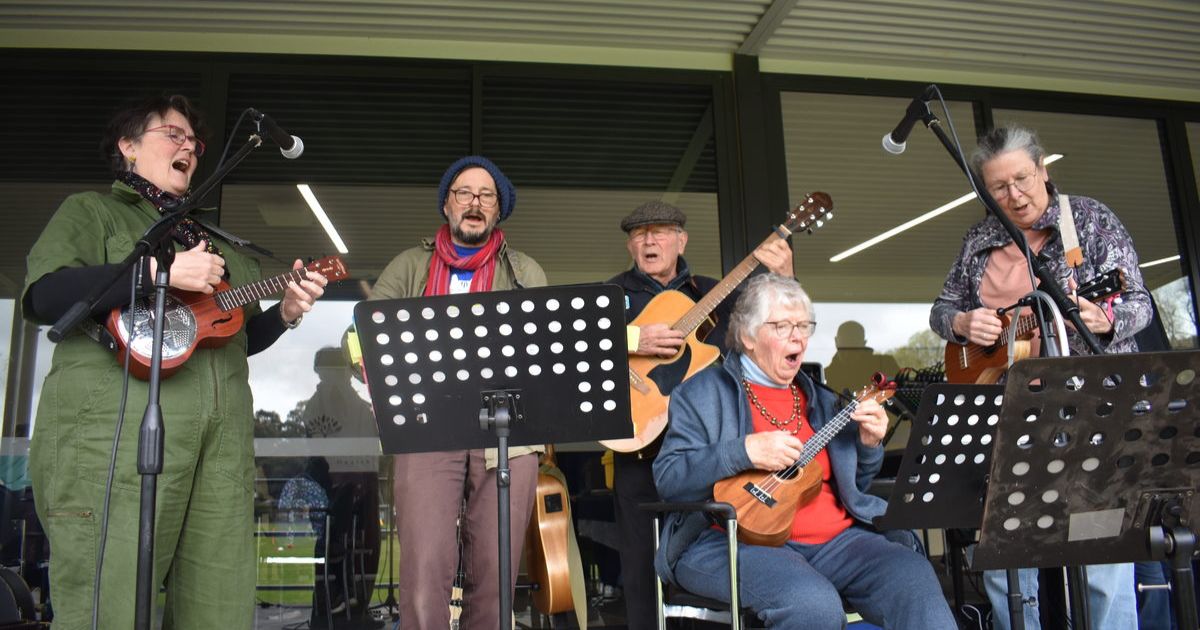Thomas Craven: Heathcote’s early entrepreneur

Pioneer legacy: Heathcote Winery now occupies the original Craven’s Stores building. Photos: BARBARA SUNGAILA
THOMAS Craven arrived in Heathcote in the early 1850s as part of the initial rush to the McIvor diggings.
He quickly realised the much greater potential for wealth via commerce rather than through the lottery of gold mining.
His first venture was Craven’s Store which opened at Heathcote in 1854, and was later followed by branches at Redcastle, Nagambie and Pyalong.
Within a short period of time, his interests expanded to include a mail coach service, a flour mill, farms, and hotels, most notably the now-demolished Northumberland Arms in High Street.
By 1863 he was advertising in the McIvor Times as a wholesale and retail grocer, corn and flour dealer, and a wine and spirit merchant.
His 1901 obituary remembered him as “a smart, active and athletic young man, and withal shrewd in business, losing no good opportunities that presented themselves in the way of business, and invariably prospered with them.”
But he also took a broader role in the community and like many of his contemporaries he served a number of terms on local council although he was never mayor.
He was also interested in coursing and owned a number of race horses.
Marmion won the Bendigo Maiden Plate in 1871, but had a less distinguished outing at the Bendigo Handicap the following year.
The Melbourne Argus described the difficulties in starting the race and said “Marmion got rid of his jockey and bolted into the bush.”
Despite Craven’s generally astute business sense, it did occasionally fail him.
In early 1867 he was one of three men who fell for the charms of a scamming widow, Elizabeth Healy, who was looking for backers for her new beer shop.
The McIvor Times related the entire proceedings with eloquent glee, from Craven’s initial offer of a premises to the drunken finale, all of which left her victims out of pocket.
“We believe Mr Craven found the key in the gutter,” the account read.
“The lady in black vanished like a phantom! No-one knows where she is gone and numerous enquiries are made by those who were kind enough to help her commence in business.”
Many of Heathcote’s more prominent 19th century citizens appear to have made a hobby of hauling one another before the local courts and Craven was not immune.
After he accused the McIvor Shire Town Clerk, Henry D Thomas, of negligence in December 1891, Thomas sued Craven for slander and sought £500 in damages.
The case reached the Heathcote County Court the following May and there was a lengthy report of the proceedings in the McIvor Times with one witness claiming “the Town Clerk was goaded to go on with this action by Councillors who had a spite against Cr Craven.”
While the jury found in favour of Henry D Thomas, his hopes of financial gain were dashed when he was awarded a single farthing in damages, the smallest unit of currency at the time.
Craven was born in Northumberland, England, in 1824, and had originally trained as a stonemason.
He married Isabella Robson in 1848 and they had a least two children before emigrating to Australia, several more were born in Heathcote.
At his death, in 1901, it was noted that “he leaves a wife and grown family of four sons, one of whom is married, and four married daughters, living.”
Craven left Isabella the bulk of his £4658 estate, while his son John carried on the Craven Stores business until he retired in 1941.
Isabella died in 1913, and she is buried with her husband in Heathcote Cemetery.
The original Craven Stores building on the corner of Chauncey and High Streets is now home to Heathcote Winery and their Cravens Place and Mail Coach labels both celebrate Thomas Craven’s legacy as a Heathcote pioneer.



















